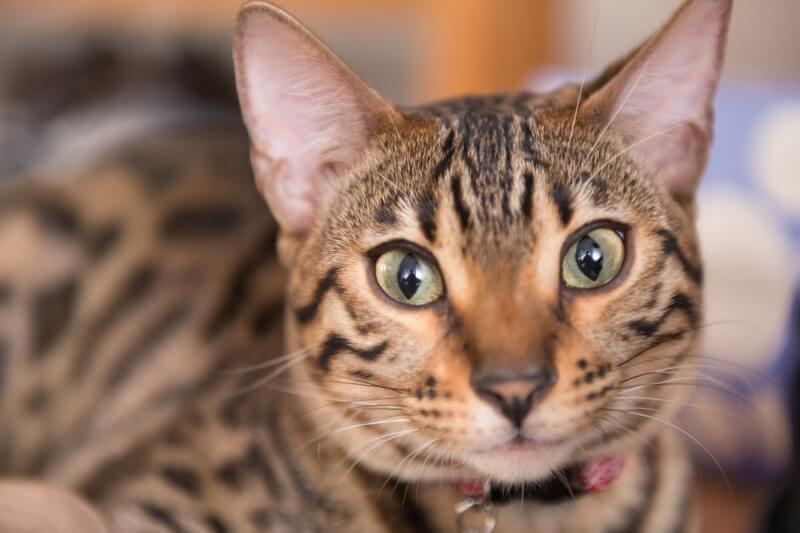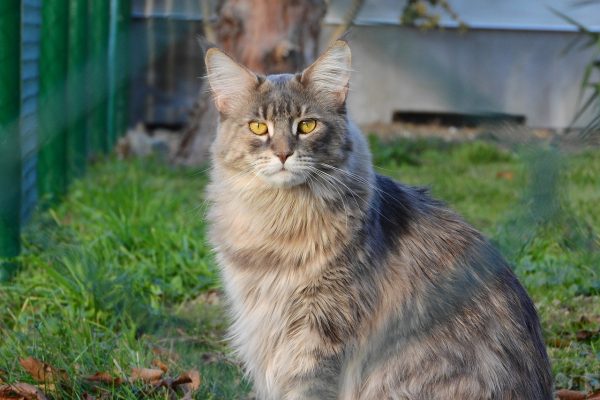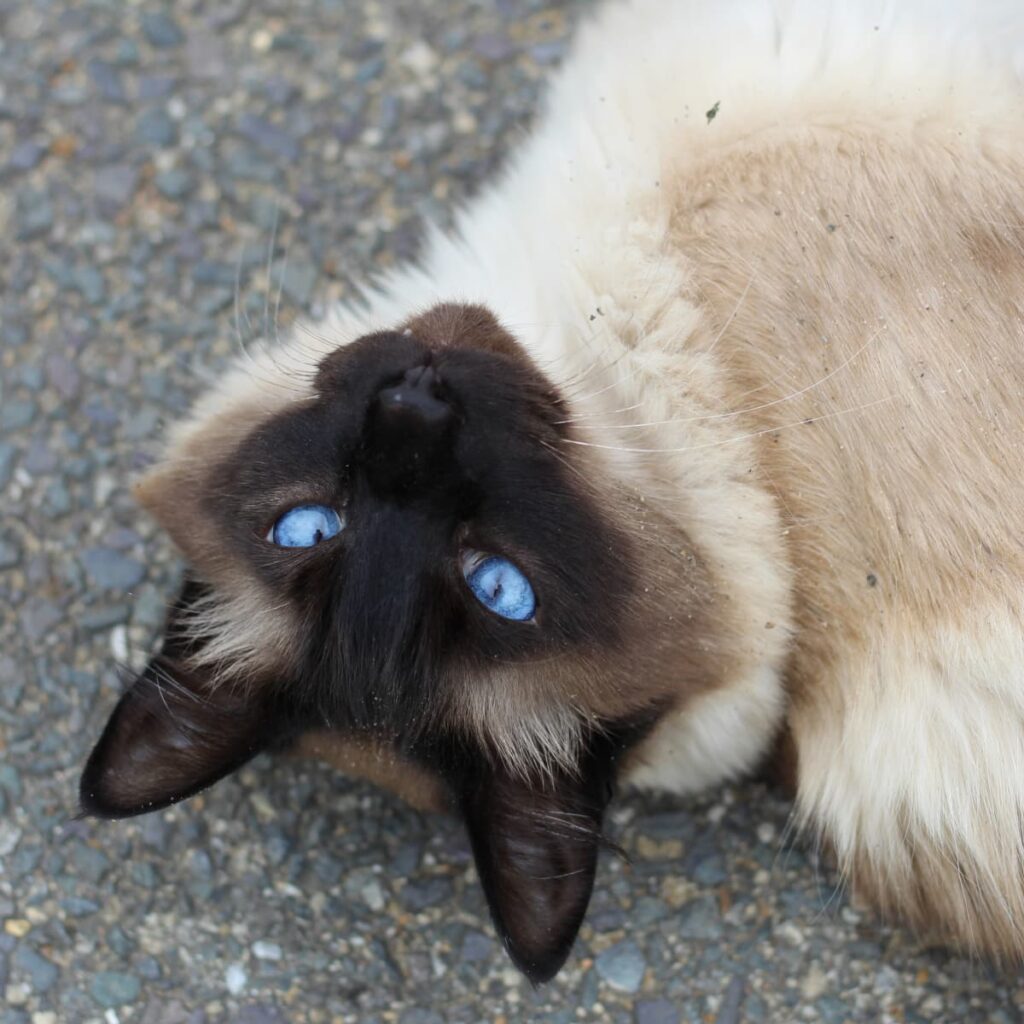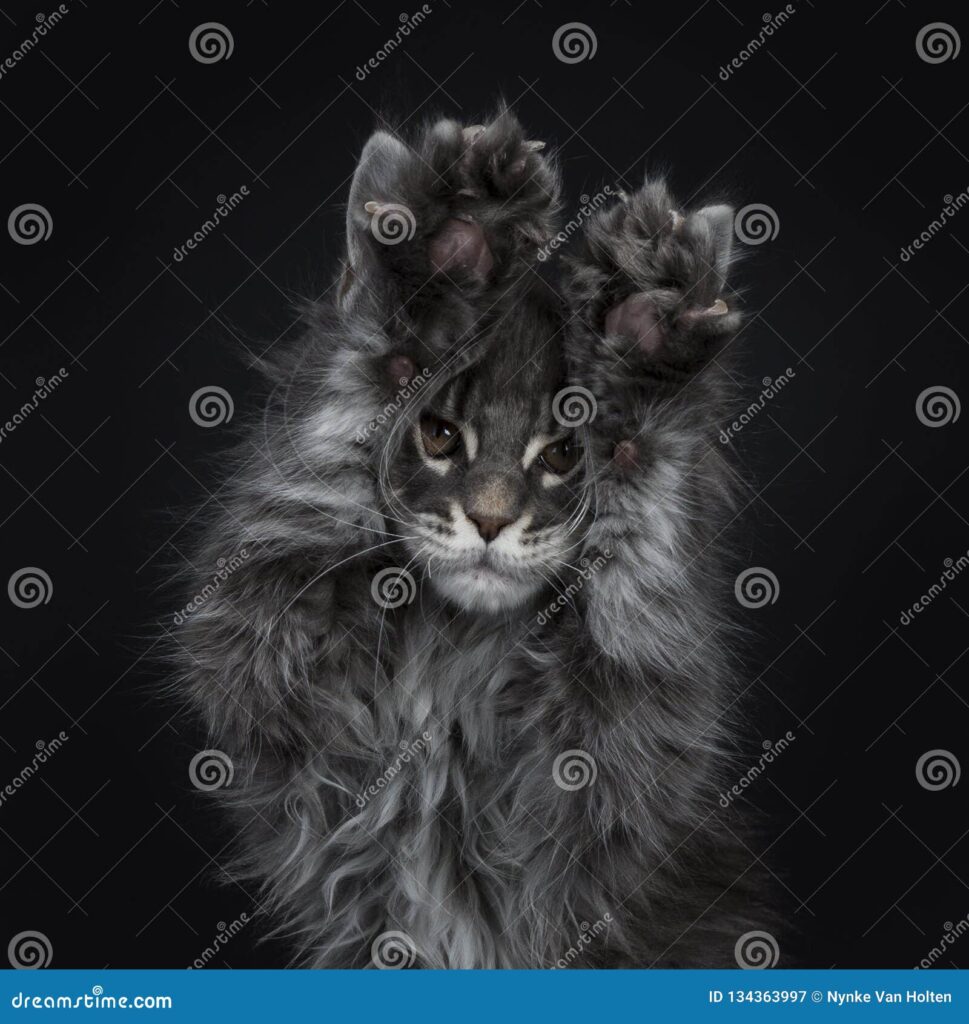Devon Rex and Cornish Rex are both curly-haired cat breeds with unique characteristics that make them popular among cat lovers. These two breeds are often compared due to their similar appearance, but they have distinct differences in terms of origins, physical traits, and personality.
Understanding the unique features and traits of each breed can help potential cat owners make an informed decision when choosing the perfect curly-haired fluff for their home. We will explore the distinguishing characteristics of the Devon Rex and the Cornish Rex, shedding light on their history, physical attributes, and temperament to help you decide which one might be your favorite curly-haired companion.
Whether you’re a fan of the playful Devon Rex or the affectionate Cornish Rex, this comparison will provide valuable insights to help you make the right choice.
:strip_icc()/DevonRex-ecde6663c6f04487be7e8b76584fe8ff.jpg)
Credit: www.thesprucepets.com
Contents
Origin And History
The Devon Rex and Cornish Rex cats both have unique and interesting histories. The Devon Rex originated in Devon, England, in the 1960s, when a curly-coated stray cat named Kirlee was discovered. Breeders Barbara and Brian Stirling recognized the potential of this curly-coated cat and began selectively breeding to establish the Devon Rex breed. On the other hand, the Cornish Rex originated in Cornwall, England, in the 1950s. A kitten with a wavy coat named Kallibunker was born in a litter of ordinary domestic cats. The breed was then developed and recognized as the Cornish Rex. Both breeds are best-known for their distinctive physical features such as their curls, large ears, and slender bodies which make them adorable additions to any household.
Physical Traits Comparison
When comparing Devon Rex and Cornish Rex cats, their physical traits show noticeable differences. Both breeds have distinct fur types and texture, with Devon Rex cats having a more soft and wavyc coat, and Cornish Rex cats displaying a finer, shorter, and curly coat. In terms of facial features and ear shape, Devon Rex cats are known for their pixie-like faces and large ears, while Cornish Rex cats have a more narrow skull and distinctive large ears. Additionally, there are variations in body size and weight between the two breeds, with Devon Rex cats generally being smaller and lighter in comparison to the slightly larger and heavier Cornish Rex cats.
Temperament And Personality
The Devon Rex and Cornish Rex are both beloved for their unique personalities and temperaments. While both breeds share a penchant for being affectionate and inquisitive, there are subtle differences in their behavioral traits. The Devon Rex tends to be highly sociable, often seeking constant interaction and forming strong bonds with their human companions. On the other hand, the Cornish Rex is known for their playful and energetic nature, often displaying a higher level of activity compared to the Devon Rex. Both breeds, however, share an inherent love for human interaction and play, making them wonderful additions to any household.
Grooming And Maintenance
Devon Rex and Cornish Rex both have unique grooming needs due to their curly-haired coats. Regular grooming is vital to keep their coats in top condition. Shedding levels and grooming requirements: Both breeds are low shedders, but regular brushing can help minimize shedding and prevent matting of their fine, wavy fur. Using a soft brush or a grooming glove can effectively remove loose hairs and distribute natural oils throughout their coats. Regular nail trimming, ear cleaning, and dental care are also essential for their overall well-being.
Common health concerns and preventive measures: While both breeds are generally healthy, they may be prone to certain genetic health issues. Regular veterinary check-ups, a balanced diet, and providing a stimulating environment can help in preventing potential health concerns. Maintaining a clean living environment and providing appropriate toys and scratching posts can also contribute to their overall health and well-being.
Frequently Asked Questions For Devon Rex Vs. Cornish Rex: Your Favorite Curly-haired Fluffs
What Are The Main Differences Between Devon Rex And Cornish Rex Cats?
The main differences between Devon Rex and Cornish Rex cats lie in their physical features, such as ear shape, coat texture, and body type. Devon Rex cats have distinct elf-like ears and a wavy coat, while Cornish Rex cats have curly whiskers and a more slender build.
Do Devon Rex And Cornish Rex Cats Have Different Personalities?
While both breeds are known for being affectionate and playful, Devon Rex cats are often described as mischievous and outgoing, while Cornish Rex cats are known for their gentle and loving nature. Each breed has its unique personality traits, which should be considered when choosing a pet.
What Are The Grooming Requirements For Devon Rex And Cornish Rex Cats?
Devon Rex cats have a unique coat that requires minimal grooming due to its short length and soft texture. On the other hand, Cornish Rex cats have a fine, wavy coat that needs regular brushing to prevent matting. Understanding the grooming needs of each breed is essential for maintaining their beautiful coats.
Are Devon Rex And Cornish Rex Cats Suitable For Allergy Sufferers?
Both Devon Rex and Cornish Rex cats are known for their hypoallergenic qualities, making them ideal pets for allergy sufferers. Their short, fine coats produce less dander, reducing the risk of triggering allergies. However, individual reactions may vary, so it’s important to spend time with both breeds before making a decision.
Conclusion
Both Devon Rex and Cornish Rex make fantastic pets for those seeking an affectionate and playful feline companion. Their curly coats and distinctive personalities set them apart in the realm of cat breeds. With their unique charm and endearing traits, these curly-haired fluffs are sure to capture the hearts of cat lovers everywhere.

Katie Lindsey is a passionate cat lover and founder of Cats Solution, a comprehensive resource for all things feline. With a lifelong love for cats and extensive knowledge in their care and behavior, she provides expert advice and solutions to cat owners. Through her website, Katie fosters a supportive community where cat enthusiasts can find guidance and heartwarming stories. A dedicated advocate for animal welfare, Katie also promotes responsible pet ownership and adoption. Join her on this purr-fect journey celebrating the joy of feline companionship.



